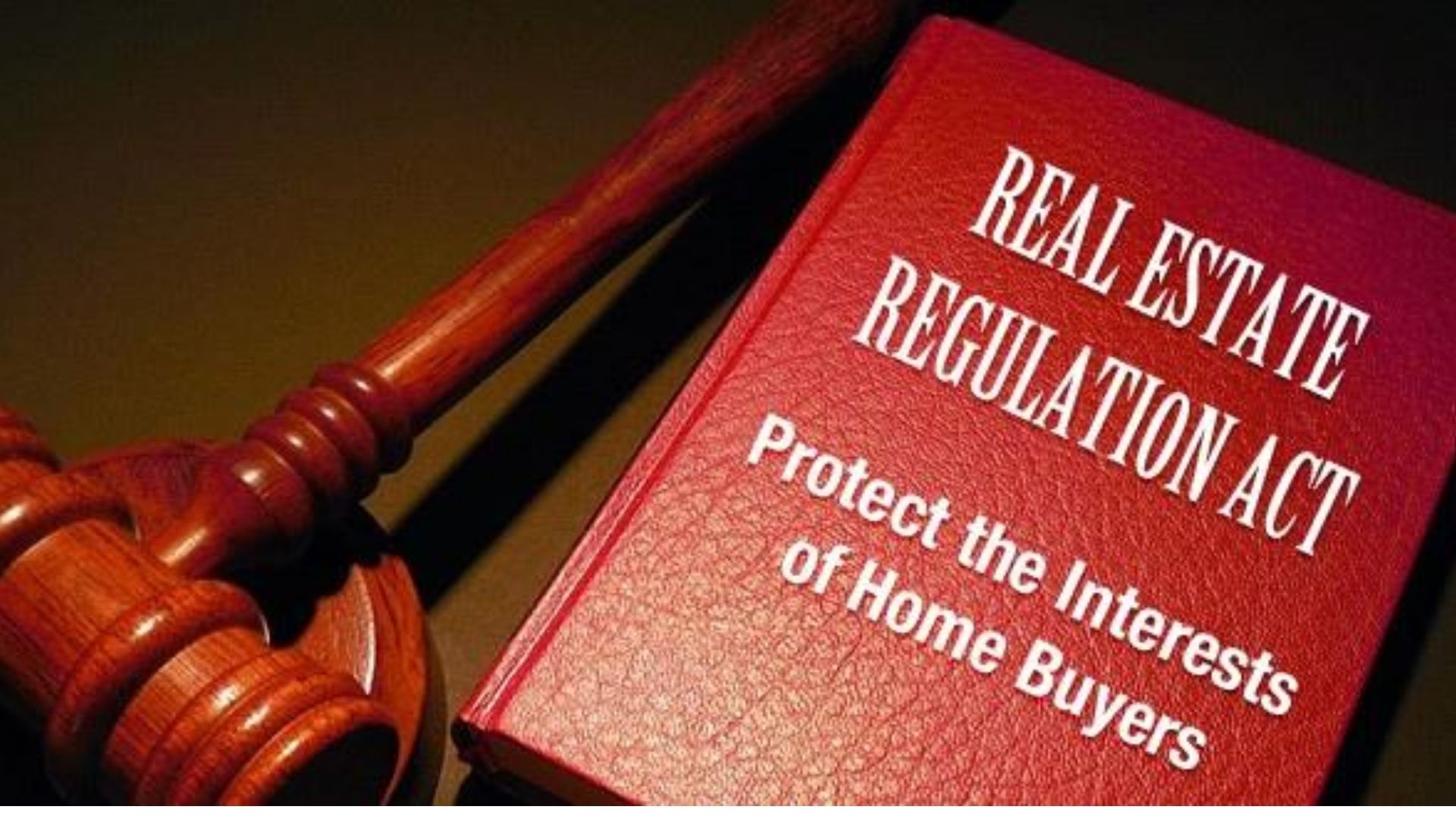India’s civil courts are reportedly clogged with property related litigation. Two estimates in this regard mention a figure of two thirds of all cases and eighty percent of all cases! It is believed that a large proportion of these are caused by lack of transparency in transactions and the absence of good title records.
The Real Estate (Regulation and Development) Act 2016 which seeks to create a more professional real estate sector and create a level playing field in transactions between developers and homebuyers, has the potential to assist in reducing property related disputes. The Act lays out an architecture in which RERA websites are the key instrument to enhance transparency and reduce the information asymmetry faced by the home buyer. All mandatory disclosures by developers and complaints by affected parties are expected to be filed online.
The Act makes an important advance in reducing the possibility of fresh land related litigation by incorporating the following disclosure requirement under Section 4.3 (l):
“a declaration supported by an affidavit, signed by the promoter or any person authorised by the promoter, stating:
-
that he has a legal title to the land on which the development is proposed along with legally valid documents
-
that the land is free from all encumbrances, or as the case may be details of the encumbrances on such land.”
In effect, prospective home buyers are to be made aware of the nature of the developer’s title to the project land including any encumbrances that impact the title or the use of the land. However, this provision still leaves a gap by not specifying the nature of the title that will be passed on to the home buyers and the record in which this latter title will be incorporated. It is left to the RERAs to direct that this information also be made available to home buyers. In its absence, the title with the home buyer may be limited to a conveyance deed with all the limitations this document is subject to. A conveyance deed is, in the final essence, only a proof of a transaction and cannot substitute for a record in a title register. The latter does not exist in much of urban India and where it does there are gaps in its manner of recording built up property.
To what extent are developers’ expected to make available information on these four aspects by the various RERAs in the country?
A survey of RERA websites reveals that not all RERAs are able to enforce the provision in Section 4.3 (l). All the 36 states and union territories in the country have not constituted RERAs as yet and even those which have do not necessarily have websites. Of the 21 RERAs with websites (including two for Haryana- Gurugram and Panchkula) only 13 provide some information on the type of ownership (freehold or leasehold) available to the developer and 13 (not necessarily the same) give some information on the nature of title documents (Property card, RoR, Urban Body Record, Registration Deed only, Developer Record, Urban Tax Record, House Owners’ Association / Cooperative society Record, etc.) possessed by the developer.
In relation to the subsequent title that will be passed on to the home buyer / investor by the developer, many RERAs have incorporated this disclosure in the requirements placed on the developer. A total of 12 RERA websites offer some information on the type of ownership (freehold or leasehold) that will devolve on the buyer. Several state RERAs mentioned ‘Exclusive Ownership’ in the Sale Agreement provided by the promoter to the allottee, but the exact nature of this ownership right is unclear. With regard to the nature of property record (Property card, RoR, Urban Body Record, Registration Deed only, Developer Record, Urban Tax Record, House Owners’ Association / Cooperative society Record, etc.) which will become available to the home buyer, 15 RERA websites mention this record.
It is heartening to see that the number of RERAs seeking this information has been increasing over time. It would appear that RERAs are learning from each other and good practices are being disseminated amongst them. It is hoped that this trend will gather pace. The next step is RERAs using their ability to advise the state governments to bring in better title records.
Section 32 of the Act states that “The Authority [a RERA] shall in order to facilitate the growth and promotion of a healthy, transparent, efficient and competitive real estate sector make recommendations to the appropriate Government of the competent authority, as the case may be, on, [among other matters] (h) measures to facilitate digitization of land records and system towards conclusive property titles with title guarantee”.
RERAs could make use of this provision to suggest to state governments that they create appropriate title registers where they do not exist or where they exist, to make such additions to the title registers as are required to enable an accurate record of ownership of built-up property. The simplest way to begin a title register in an urban area lacking one, is to use, as a base, an urban body’s property tax register. This can be verified and updated by an on-ground participative exercise involving community / residents or traders associations as the case may be. A spatial record through drone surveys / LIDAR can be created subsequently. In the case of urban areas with records on the lines of rural land records, the formats can be amended suitably to incorporate details of built up areas including ownership of specific portions / apartments. Similarly, in areas with a property card system, the formats can be expanded to include exact details of apartments owned. In other words, the exercise involved is not onerous and the beneficial spinoff can be both enormous and long lasting.

